Originating from incarcerated people in the California prison system, Black August serves as a month’s reflection on Black mutiny and resistance. Many crucial moments like the Haitian Revolution and March on Washington began in this month. Additionally, several Black revolutionaries died or were born in August, such as Fred Hampton.
This month differs from Black History Month because, instead of the wide breadth of “the past,” Black August focuses on resistance. While existing and being happy is Black resistance in itself, the month centers on a direct confrontation of oppression.
In the spirit of Black August’s mission to spread awareness and educate ourselves on Black liberation, this list of challenging non-fiction books gives us a better understanding of the history of Black resistance in the United States. Here are some of my favorite books about Black resistance and some on my To Be Read (TBR) List.
A Black and Latinx History of the United States by Dr. Paul Ortiz
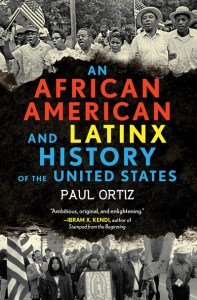
(Image: Beacon Press)
As long as Latinx people (those with a combination of African, European, and Indigenous ancestry) have existed, so has our bond through the fight for freedom.
This book looks like a 20th–21st history of Black and Latinx solidarity (a.k.a. what little is given in school and media); it really is so much more. Dr. Ortiz dives into a complicated relationship that goes from when enslaved Africans were first brought to the Americas forward. This covers the basics like the Haitian Revolution, and lesser-known aspects like Mexico’s support of the Underground Railroad. It also provides some surprises—like, for example, the U.S.’s involvement in Latin America goes back hundreds of years and is not unique to the Cold War.
As a Black woman raised in Pasadena, Texas, almost all my friends and their family were Latinx (primarily of Mexican and Salvadorian heritage). I never really understood our shared history until this book, and that is why it is one of my favorites of all time.
When They Call You a Terrorist: A Black Lives Matter Memoir by Patrisse Cullors and Asha Bandele
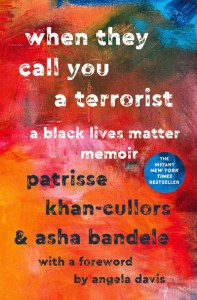
(Image: St. Martin’s Griffin)
In 2013, the Black Lives Matter organization and movement was founded by Alicia Garza, Opal Tometi and Patrisse Cullors. In this book, Cullors shares her background and struggles with state-funded violence and the systemic inequities that would shape her activism and, later, the Black Lives Matter movement.
This, alongside the next book on this list, is among my favorite books (fiction or non-fiction) that I have read this year so far.
A Black Women’s History of the United States by Daina Ramey Berry and Kali Nicole Gross
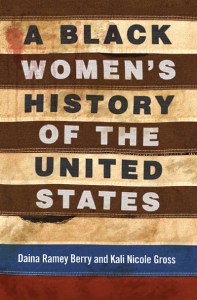
(Image: Beacon Press)
I promise this is the last one of this series on this list, but it is too important to leave off!
Unlike Dr. Ortiz’s book and some of the other books in the ReVisioning American History series, this book starts each chapter with a personal narrative of a Black woman. Then, it gives political, social, and economic background that would shape other Black women of that time before ending on how her story is just one of many. Many history books center on the individual because it is an effective storytelling device, but that also perpetuates the bootstrap narrative. This book avoids that with an admirable balance of personal biographies and how/why each story differed (or did not differ) from other Black women.
In addition to telling stories of resistance against white supremacy, the book discusses women fighting patriarchy, transphobia, and gender conformity. If you are interested in diving into Black feminist theory (like bell hooks), A Black Women’s History of the United States is an excellent book to pick up first.
The Black Jacobins: Toussaint L’Overture and the San Domingo Revolution by C.L.R. James
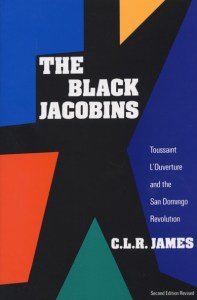
(Image: Vintage)
In every discussion about Black August, this monumental event is brought up because the Haitian Revolution changed the trajectory of the world. The Haitian Revolution was the most successful revolt by enslaved peoples and ended with the first emancipated, independent Caribbean nation—bloody, but also iconic. Plus, if you are a French or Scottish History nerd, this looks like a great addition to your knowledge about Caribbean Jacobins.
Published in 1938 and sitting at 448 pages (including the index likely), the The Black Jacobins is the oldest and lengthiest book on this list. However, in the spirit of the month, it is essential to challenge ourselves in all aspects. Besides, texts like James’ would have been something the leaders from the ’50s forward would have read.
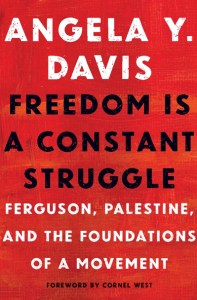
(Image: Haymarket Books)
Speaking of challenging ourselves, let us talk about this book of essays by activist and scholar Angela Davis. As the title suggests, this book examines the similarities of freedom movements and then turns to activity today. Because Black August is not about one moment of liberation, this book’s thesis—that it is always something to be worked towards—is perfect for this month. While she has forwarded many books I have read, and I’ve watched her interviews on YouTube, this will be my first book by Davis.
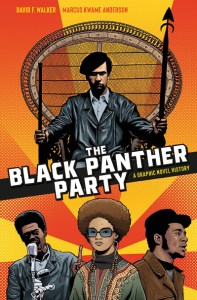
(Image: Ten Speed Press)
One of the most anticipated graphic novels on my TBR is this illustrated retelling of the Black Panther Party. Founded in 1960s Oakland, the radical organization centered on self-defense in contrast to the nonviolent mainstream Civil Rights activism. Both were equally disliked at the time. The book profiles the leaders of the party, social programs, and clashes with police and FBI. If you, too, loved Judas and The Black Messiah, you will like this!
Another great non-fiction graphic novel about resistance is the autobiographical book March. Told in three volumes, March is the story of the late John Lewis’ activism as a student through the height of the (second) Civil Rights Movement.
(featured image: St. Martin’s Griffin, Beacon Press, and Ten Speed Press.)
The Mary Sue may earn an affiliate commission on products and services purchased through links.
The Mary Sue may have advertising partnerships with some of the publishers and titles on this list.
Want more stories like this? Become a subscriber and support the site!
—The Mary Sue has a strict comment policy that forbids, but is not limited to, personal insults toward anyone, hate speech, and trolling.—



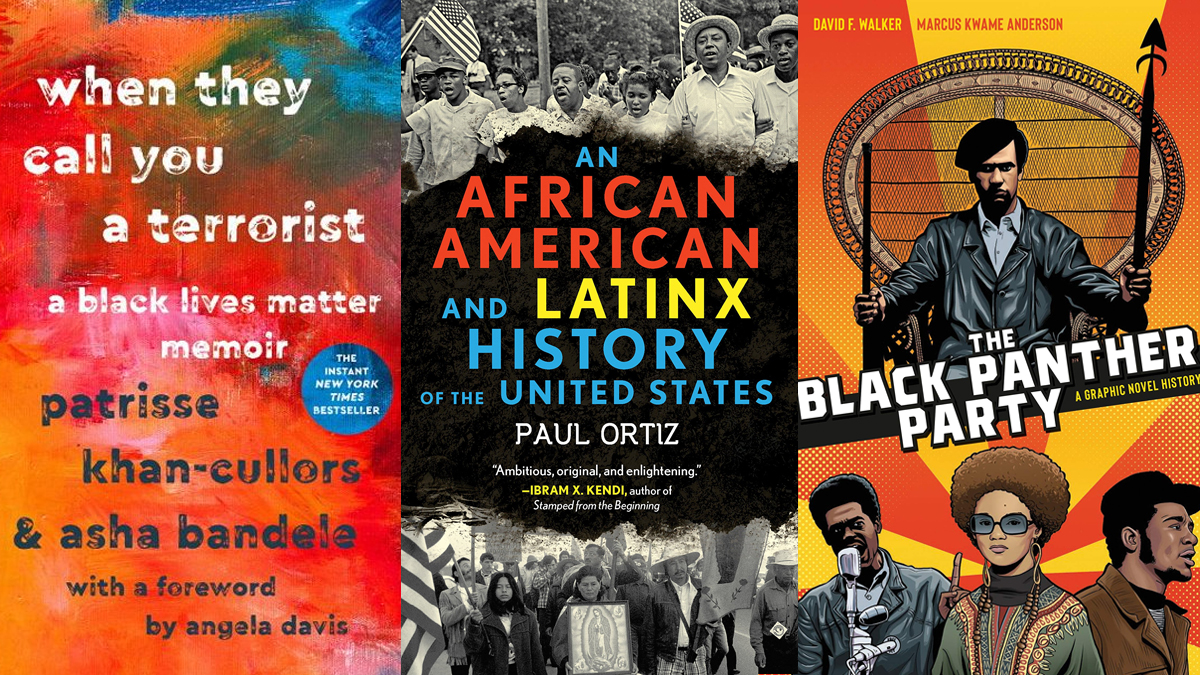






Published: Aug 4, 2021 11:33 am